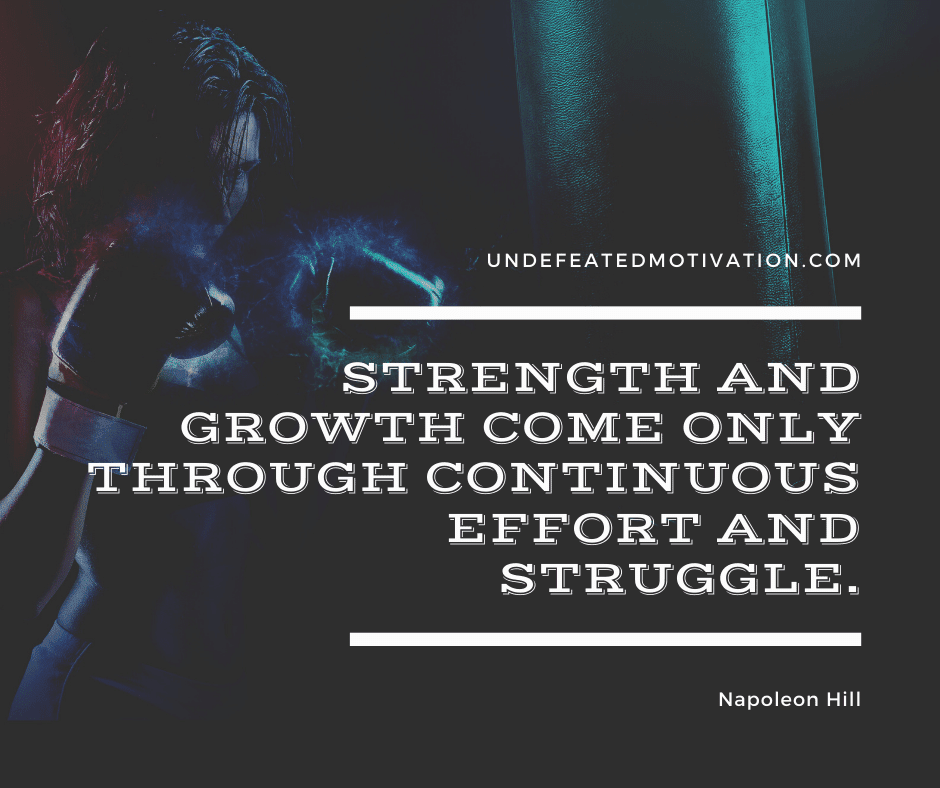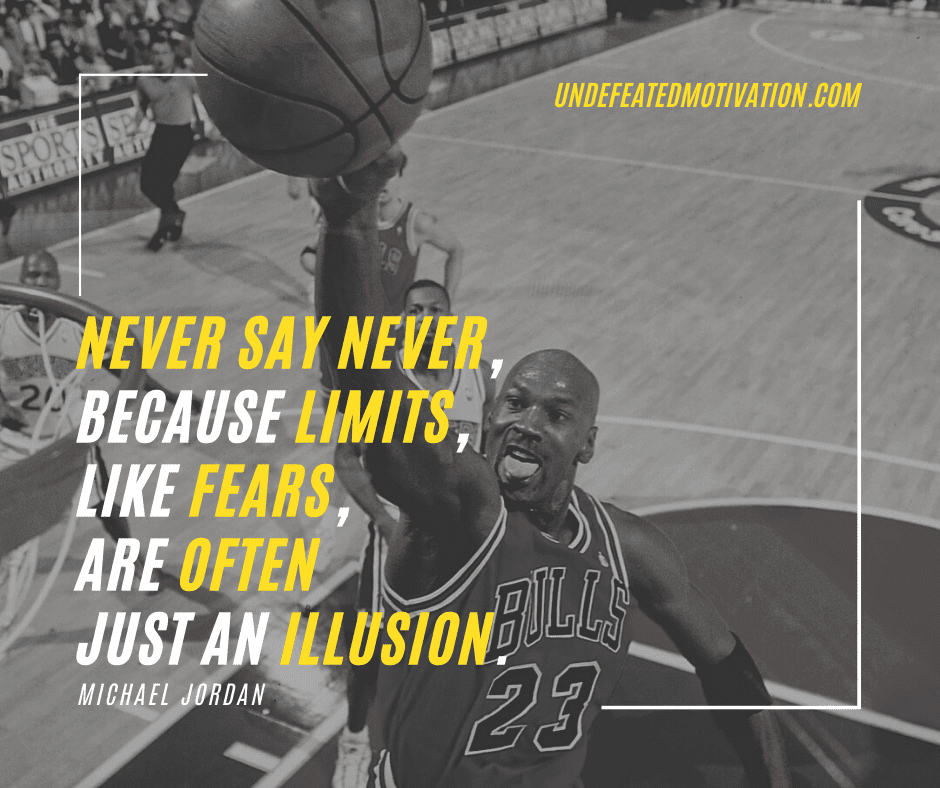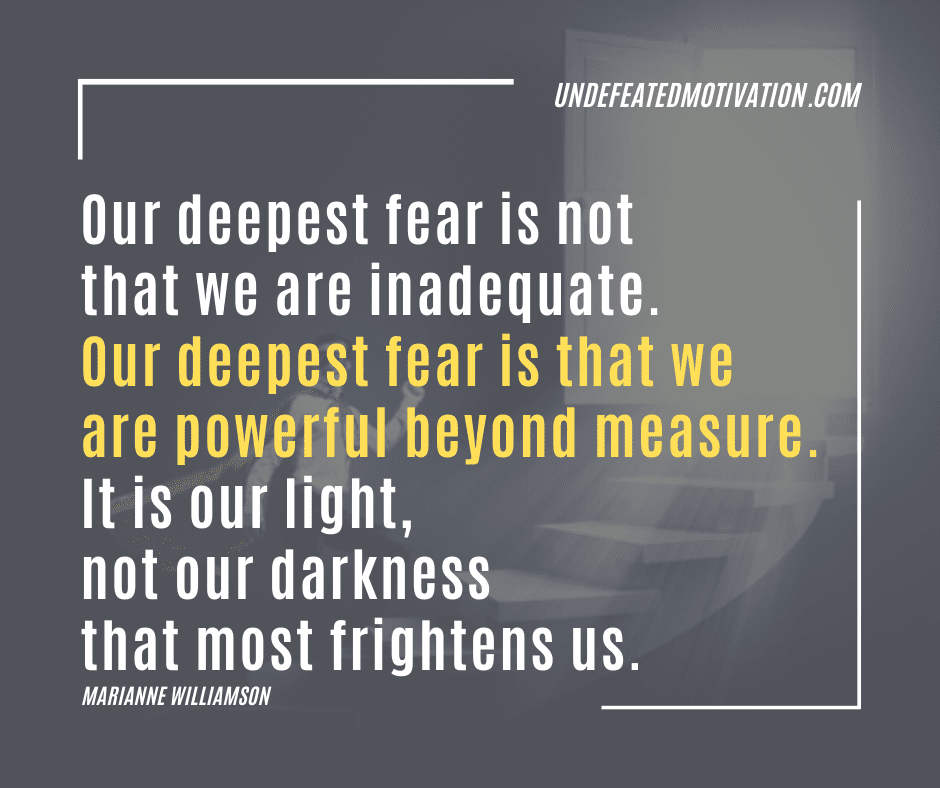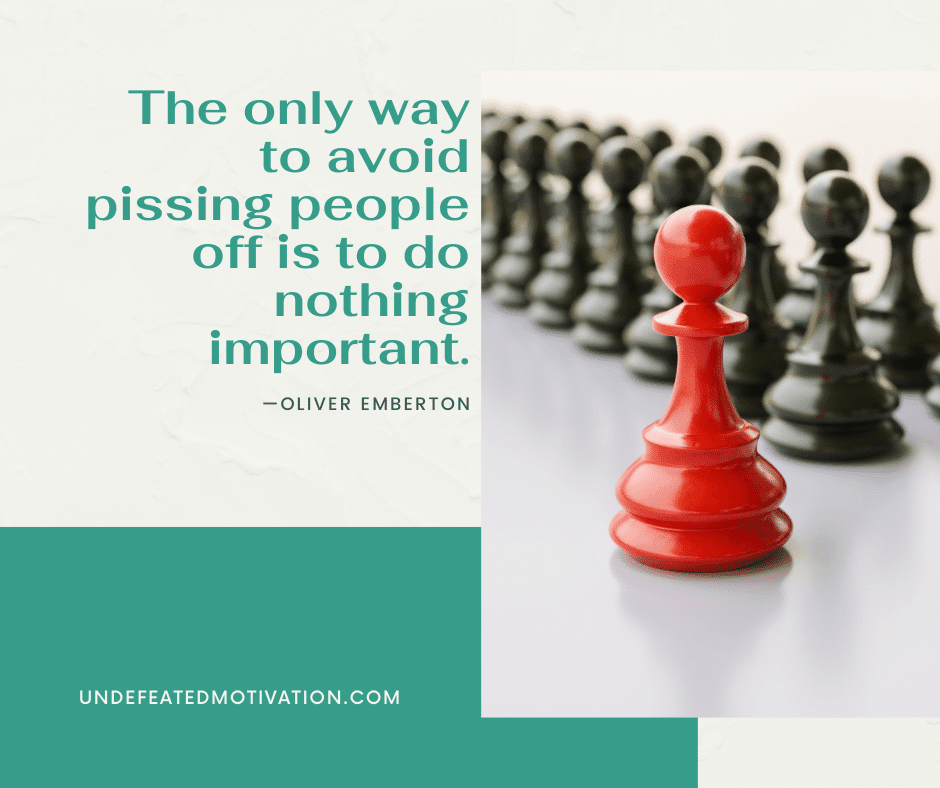20 Ways How to Deal with Imposter Syndrome
Do you ever feel like a fraud? Like you’re not good enough and that someone is going to find out sooner or later? If so, then you are not alone. Imposter syndrome is a common problem that many people face. It can be paralyzing and make it difficult to do your best work. In this blog post, we will discuss 20 ways how to deal with imposter syndrome. Read on for tips that will help you overcome these feelings and achieve your goals!
The effects of impostor syndrome:
One of the most common effects of imposter syndrome is feeling inadequate or fraudulent in your job. This can lead to decreased self-confidence, lack of motivation, and an overall sense of feeling like you don’t belong. It can also lead to feelings of anxiety, stress, and depression.

1. Acknowledge and validate how you feel:
How to deal with imposter syndrome? Imposter syndrome can be an isolating experience, so it’s important to acknowledge how you are feeling. Do not downplay how real these feelings are. Give yourself time to process how you’re feeling and be gentle with yourself. This will help you move past imposter syndrome and on to a better place. For example, you can say reassuring statements to yourself such as “It’s ok to feel how I am feeling right now.”
Tips:
– Start by writing down how you feel in a journal.
– Talk to someone close to you about how you are feeling.
– Take time for yourself to relax and process how you are feeling.
– Remind yourself that it’s ok to feel how you are feeling and that these feelings are normal.

2. Break your tasks down into smaller pieces:
Tackling a big project can be daunting, especially if you’re experiencing imposter syndrome. To make it easier on yourself, break the project down into smaller tasks. This will make it seem less overwhelming and help you stay focused on what can be accomplished. For example, if you’re writing a research paper, break it down into tasks such as gathering resources, outlining, drafting, etc.
Tips:
– Make a list of the steps that need to be taken for the project.
– Break each step down into even smaller pieces if necessary.
– Celebrate each small accomplishment – no matter how small!
– Take breaks throughout the process to stay refreshed.

3. Talk to someone about how you’re feeling:
How to deal with imposter syndrome? If you don’t feel like you can talk to someone about how you’re feeling, consider getting professional help. A therapist can give you an objective perspective on how to move past imposter syndrome and the advice can be incredibly beneficial.
Tips:
– If you’re uncomfortable talking to someone in person, consider online therapy or support groups.
– Find a therapist who specializes in imposter syndrome.
– Ask for feedback from the therapist on how you can move forward.
– Be honest and open with how you’re feeling.

4. Identify and challenge negative thought patterns:
Imposter syndrome is often caused by negative thought patterns that we have about ourselves. It’s important to take a step back and look at how these thoughts are affecting you. Once you have identified how these thoughts are affecting you, challenge them. Ask yourself how true they really are and how else you can view the situation.
Tips:
– Make a list of the negative thought patterns you have.
– Ask yourself how true they really are and how else you can view the situation.
– Counter each thought with a positive or realistic statement.
– Challenge yourself to look for evidence that disproves the negative thought.

5. Practice gratitude and self-compassion:
How to deal with imposter syndrome? It’s important to practice gratitude and self-compassion when dealing with imposter syndrome. Remind yourself of how far you have come and how much you have achieved. Celebrate the small wins and be kind to yourself.
Tips:
– Make a list of all the things you’re grateful for.
– Write yourself a letter of appreciation.
– Do something that makes you feel good.
– Practice positive affirmations.

6. Reframe how you perceive mistakes:
Making mistakes is a part of life, but how you view them can make a big difference. Instead of viewing mistakes as failures, look at them as learning opportunities. You can gain valuable insights and grow from them.
Tips:
– Don’t be too hard on yourself and give yourself time to process how you feel.
– Acknowledge how the mistake could have been avoided.
– Take the time to reflect on how you can use it to become better.
– Remind yourself that everyone makes mistakes and it doesn’t mean you’re a failure.

7. Set realistic expectations for yourself:
When you’re dealing with imposter syndrome, it’s easy to set unrealistic expectations for yourself. Make sure that the goals you are setting are realistic and that you are giving yourself enough time to achieve them. Trying to do too much in a short amount of time can be overwhelming and can amplify imposter syndrome.
Tips:
– Set clear and achievable goals.
– Don’t be too hard on yourself if you don’t reach your goal right away.
– Break down big tasks into smaller, more manageable ones.
– Have a plan of how you are going to reach your goal.
– Allow yourself to make mistakes and learn from them.
– Give yourself enough time to complete the task.

8. Celebrate your successes, no matter how small:
How to deal with imposter syndrome? It’s important to take time to celebrate your successes, no matter how small. Even seemingly insignificant accomplishments can give you a boost of confidence and help you realize how far you have come.
Tips:
– Celebrate when you complete a task or reach a goal.
– Take the time to acknowledge how far you have come.
– Congratulate yourself on small wins.
– Share your successes with friends and family.
– Take a moment to appreciate how far you have come.
– Write down how you felt when you achieved something.
– Share how proud you are of yourself with others.

9. Seek out mentors and role models:
Find mentors and role models who are in the same situation as you. Hearing how they have dealt with imposter syndrome can give you insights into how to tackle your own feelings. For example, you can join an imposter syndrome support group or find a mentor through your university.
Tips:
– Reach out to people in the same field or situation as you.
– Connect with successful individuals who have faced imposter syndrome and how they overcame it.
– Ask how they dealt with their imposter syndrome and how they created successful strategies to manage it.
– Find role models who have experienced imposter syndrome and how they overcame it.
– Join an online support group or forum dedicated to helping people with imposter syndrome.

10. Make a list of your accomplishments:
How to deal with imposter syndrome? When you’re feeling down, it can be helpful to make a list of all the things that you have achieved. This will act as a reminder of how far you have come and can be a great source of confidence.
Tips:
– Make a list of your achievements, no matter how small.
– Write down how you felt after reaching a goal.
– Celebrate how far you have come and how much you’ve achieved.
– Add to the list whenever you achieve something new.
– Reflect on how far you have come and how much you’ve achieved.
– Share your list with family and friends to remind yourself of how great you’ve done.
– Remember how proud of yourself you should be.

11. Take breaks when needed:
Whenever you feel overwhelmed and like you’re not good enough, take a break. Get some fresh air or take a walk. Or, just relax in a quiet space. Taking some time away from the task at hand can help you to refocus, clear your mind and come back feeling refreshed and ready to tackle the challenge.
Tips:
-Remember that it’s OK to take a break.
-Allow yourself time to recharge and come back with a clear head.
-Do something that makes you feel good and relaxed.

12. Find the humor in a situation:
How to deal with imposter syndrome? Rather than getting overwhelmed by how you’re feeling, try to find the humor in it. This can help you to feel less alone and more connected with others who may also be going through similar situations.
Tips:
-Try to find the funny side and laugh at yourself or the situation.
-Focus on how you can learn from it and grow from the experience.
-Reach out to friends and family for support and comic relief.

13. Shift your perspective:
When you’re feeling like a fraud, it can be hard to look at things objectively. Try to shift how you think about a situation by looking at it from a different angle. This can help you to gain valuable insight and find a new perspective.
Tips:
-Write down how you’re feeling and the story you’ve created around it.
-Identify how your thoughts might be distorted or exaggerated.
-Look at the situation from someone else’s point of view.

14. Explore creative outlets for self-expression:
Creative activities such as writing, drawing, painting, or playing music can be a great way to express how you’re feeling and work through your emotions. It can also be an effective way to manage stress and focus your energy on something positive.
Tips:
-Set aside time each day to do something creative.
-Don’t worry about how it turns out or if you’re any good – it’s all about the process.
-Find an activity that encourages self-expression and helps you relax.

15. Exercise and take care of your physical health:
How to deal with imposter syndrome? Physical activity can be a great way to manage how you’re feeling. Exercising releases endorphins which can help improve your mood and give you a sense of accomplishment. Taking care of your physical health can also help you to feel more confident and in control.
Tips:
-Find an activity or exercise that you enjoy.
-Set realistic goals and build up how much you do over time.
-Try to make it a regular part of your day.

16. Practice mindfulness:
How to deal with imposter syndrome? Mindfulness is the practice of being present in the moment and being aware of how you’re feeling. It can help to reduce stress and anxiety, as well as improve how you perceive yourself and your abilities.
Tips:
-Take a few moments each day to pause and notice how you’re feeling.
-Focus on your breath and how your body feels at that moment.
-Try to stay in the present without worrying about what has happened or what might happen.

17. Connect with others in similar situations:
Reaching out to others who are going through similar experiences can be a great way to get support and feel less alone. There are many online groups and forums where you can connect with people who are also struggling with imposter syndrome.
Tips:
-Find an online group that resonates with you.
-Reach out and start a conversation – it can be helpful to talk about how you’re feeling with someone who understands.
-Try to find ways to support each other and learn how others cope with their imposter syndrome.

18. Learn how to say ‘no’:
The fear of being rejected can be a major cause of imposter syndrome. Learning how to say ‘no’ in certain situations can help you to feel more in control and overcome the fear of failure.
Tips:
-Practice how to say no in a respectful way.
-Be honest but assertive – don’t make excuses or apologize excessively.
-Remember that it’s OK to set boundaries and prioritize your own needs.

19. Talk positively to yourself and set positive affirmations:
Focusing on how you talk to yourself is key to overcoming imposter syndrome. Pay attention to how you’re talking to yourself and replace negative thoughts with positive ones. Setting daily affirmations can also help to build your confidence and reduce how you’re feeling.
Tips:
-Write down how you want to feel and how you want to think about yourself.
-Read your affirmations out loud each day and remind yourself how incredible you are.
-Focus on how far you’ve come and how much progress you’ve made.

20. Focus on the present moment and take it one day at a time:
How to deal with imposter syndrome? When dealing with imposter syndrome, it can be easy to become overwhelmed and focus on the future. Instead, stay in the moment and focus on how you’re feeling at that exact moment. This can help to reduce how you’re feeling and remind you that you’re capable of overcoming whatever challenge is in front of you.
Tips:
-Take a few moments each day to reset and focus on how you’re feeling in the present.
-Be mindful of any negative thoughts or feelings and how you can move forward.
-Remember that each moment is a new opportunity to start fresh and believe in yourself.

What’s the takeaway?
How to deal with imposter syndrome? The takeaway is that dealing with imposter syndrome can be challenging, but it’s possible to manage how you’re feeling. Taking small steps such as exercising, practicing mindfulness, and connecting with others in similar situations can help reduce how you’re feeling and build confidence. Learning how to say ‘no’, talking positively to yourself, and focusing on the present moment can also help you to take control of your own feelings and believe in yourself more. With the right strategies, you can overcome imposter syndrome and feel better about yourself and your abilities.
Get more daily on your newsfeed at the Undefeated Motivation FB page or Undefeated Motivation IG page.




